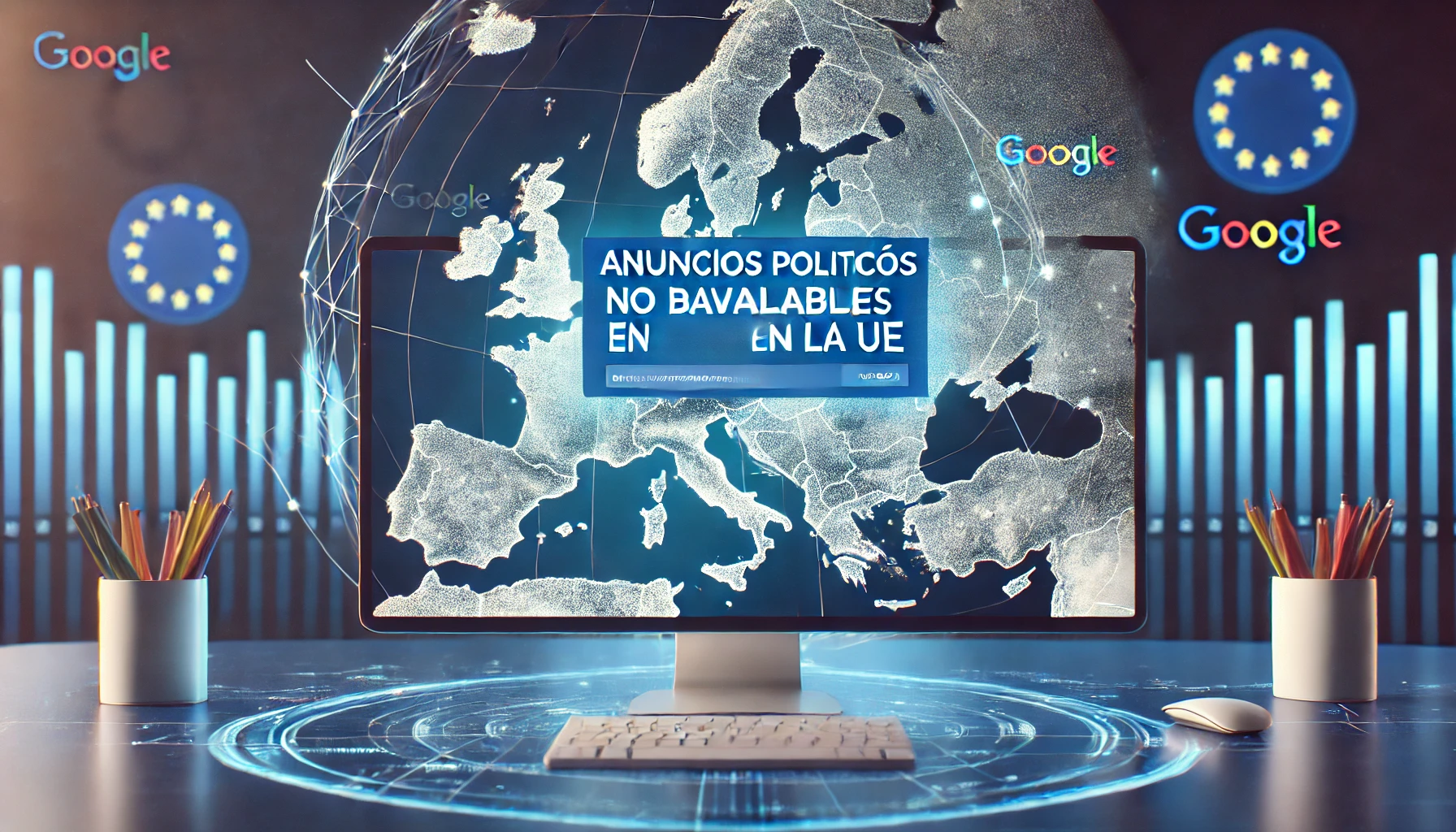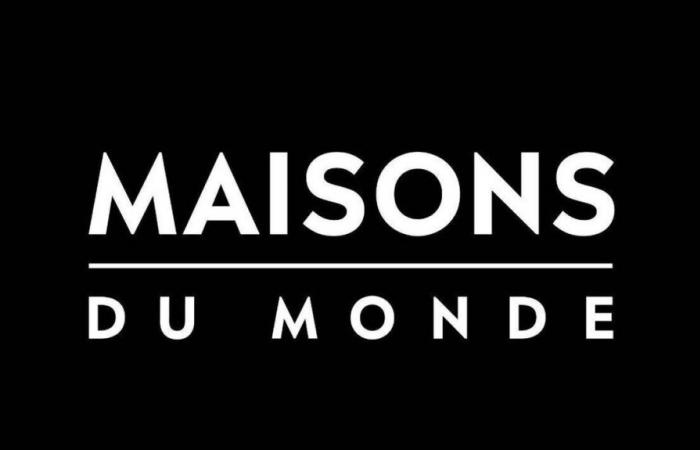Google has taken a decisive step by announcing that it will stop show political ads in the European Union. This movement, communicated through its official blog The Keywordresponds to the new regulations in the block, specifically the Regulation on Transparency and Guidance of Political Advertisingwhich will come into force in October 2025.
Why has Google made this decision?
The regulations introduce operational challenges and legal ambiguities for political platforms and advertisers. According to Google, the definition of political advertising in this law is overly broad, and there is concern that technical guidance on its application will not be available until very close to the deadline. Faced with these uncertainties, the company has chosen to go ahead and suspend this type of advertising on all its platforms, including YouTube, before the rule goes into effect.
It’s not the first time Google has taken similar steps in response to strict regulations. has already banned political advertisements in countries such as Canada, France and Brazilwhere similar laws have imposed significant restrictions.
A history of tensions with the EU
This move is also another chapter in Google’s complicated relationship with European authorities. In recent years, the company has faced investigations for advertising practices considered “abusive,” has been accused of anti-competitive practices and, most recently, began tests to omit content from European news publishers in its search results and Google News.
From WWWhat’s new We believe that these types of decisions, although they may seem extreme, are a sign that platforms are prioritizing avoiding legal risks in the face of increasingly strict regulatory demands in the digital sphere.
What impact will this measure have?
For political advertisers in the EU, this ban means they will have to rethink your communication strategies. Social media and digital platforms are key channels for reaching voters, and the absence of tools like Google Ads and YouTube will significantly limit your reach. On the other hand, users could notice a change in the type of advertising content to which they are exposed, reducing the saturation of political messages.
Furthermore, this decision raises important questions:
- How will this affect online political debate?
- Will other tech giants, like Meta, follow Google’s lead?
In my opinion, these regulations underline the importance of finding a balance between transparency and freedom of expression, for both platforms and users.


